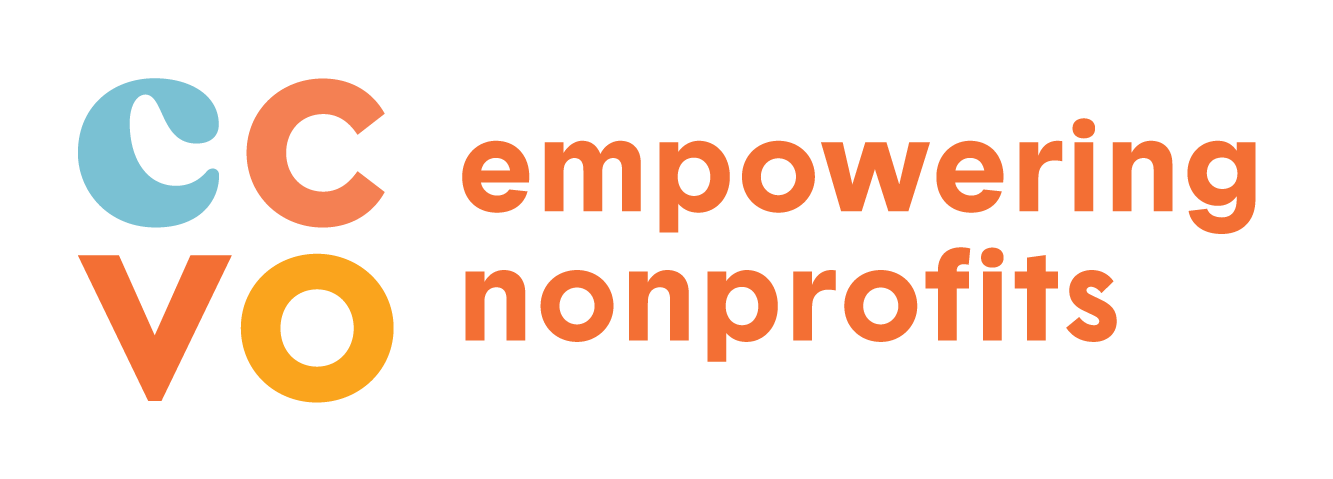City Council Approves 2020 Adjustments to City Budget
By Lina Khatib, CCVO Policy Analyst
City Council approved the 2020 adjustments to the City Budget on Friday, November 29. The decision was made to approve the municipal tax rate increase scenario of 1.5%. Although this is lower than the pre-approved 3.03% tax scenario, the 1.5% increase helped the city maintain a number of services that may have otherwise been cut. Here are some highlights:
The sliding scale low-income transit pass has been maintained at the existing fare structure, and some of the funding reductions made to public transit services made in July 2019 have been restored.
A motion to cut Family and Community Support Services (FCSS) was not passed, protecting community-based programs that deliver services to some of the most vulnerable citizens.
The decision was made to keep two inner city swimming pools open for two more years.
Municipal budgeting is a complex process. The City has had a difficult year with its attempts to maintain a competitive tax regime and in the face of a provincial budget that included measures resulting in less money for the city.
On November 25, citizens were invited to an all-day public hearing at City Hall to provide feedback on the proposed plan for next year’s budget. Citizens, many of whom represented nonprofit organizations, mobilized to #KeepCalgaryStrong and to communicate the value and necessity of investing in services for vulnerable Calgarians. We commend the nonprofits who engaged in these efforts and their participation in continuing to work towards improving the lives of all Calgarians.
Although a number of programs and services were maintained for next year, the reality is that the struggle is not over. City Council considered cutting FCSS investments, and narrowly failed by an 8-7 vote, despite the fact that the province maintained its portion of funding to the program. Experts have noted that without reforms to Calgary’s property tax structure, we will continue to face the same challenges year after year. For these reasons, among others, nonprofit organizations should continue to communicate the importance of investing in our communities and the fact that this often ends up saving on costs to other systems. The overall losses associated with a cut to specific investment areas that serve our most vulnerable populations are felt dramatically by those impacted – and yet, yield little return to our cost-saving measures.
We are glad that a number of priority areas for our communities have been preserved during this year’s budget deliberations, and we will continue to advocate for these important services in order to improve the quality of life of Calgarians, and attract those who might one day call Calgary home.

